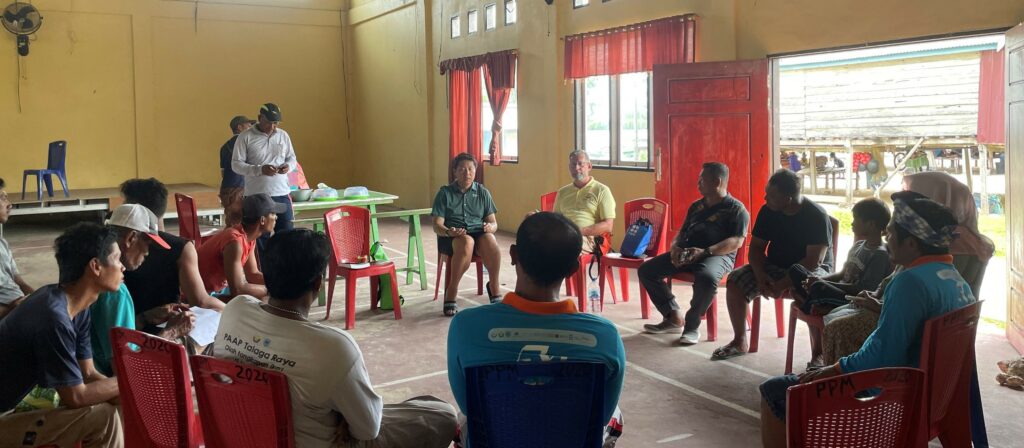
via Coral Reef Aquarium Fisheries Campaign
by Guest Authors:
Guest Authors
Stuart Campbell, Senior Director, Rare Indonesia
Raymond Jakub, Applied Science Director, Rare
Tropical coastal seas are among our planet’s main fishing grounds, supporting nearly 500 million people and harboring a significant portion of marine biodiversity. However, effective management and protection of these waters remain a critical challenge. IndoReefFish partner Rare, through its Fish Forever program, has been a pioneer in promoting community co-management in small-scale fisheries around the world, demonstrating the efficacy of a localized, community-led approach.
Since its inception in 2013, Fish Forever has expanded its reach across eight countries, 1,926 coastal communities, 160,000 fishers, 282 local leaders, 100 staff members, and 150 partners; all working collaboratively to sustain these vital coastal ecosystems. The program’s cornerstone is the Managed Access with Reserves (MA+R) model, a dual approach combining no-take reserves with managed marine areas. No-take reserves are designated zones where fishing is prohibited, allowing fish populations and habitats to regenerate. In contrast, managed marine areas grant rule-abiding local fishers preferential rights to fish, fostering a sense of ownership and responsibility among the community members.
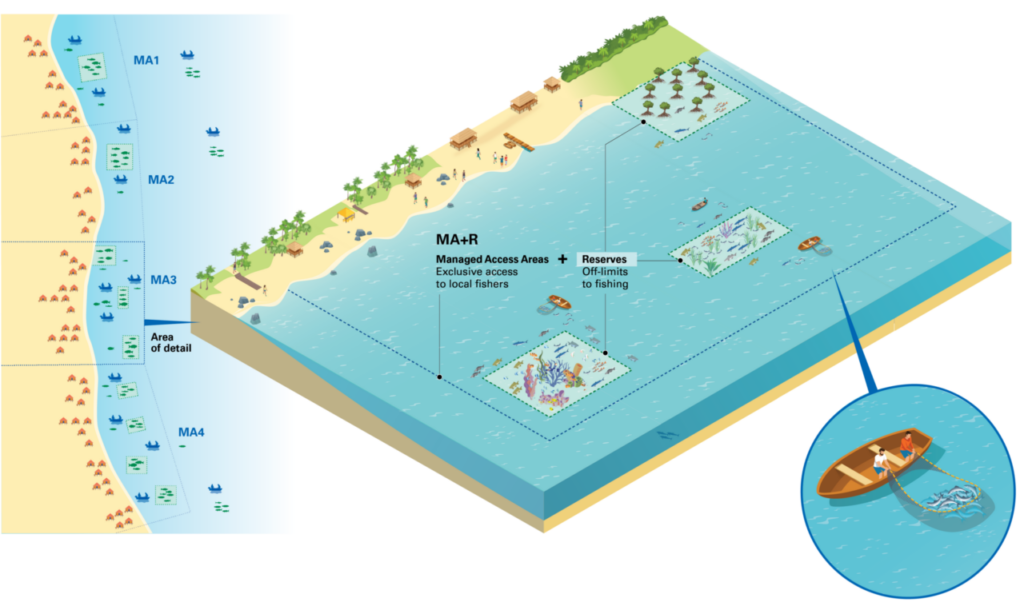
The traditional top-down fisheries management approach often falls short in these diverse and widespread coastal communities. Fish Forever’s community-led strategy, however, empowers local fishers and their communities to manage and protect their coastal resources. The MA+R model involves the local government and fishers in cooperative management, ensuring sustainable use and protection of coastal waters.
Unique among NGOs, Rare’s Fish Forever program leverages a behavior-centered approach, integrating biological, behavioral, and social sciences to foster sustainable fisheries management. This innovative method strengthens community-led initiatives and restores marine ecosystems by encouraging positive fishing behaviors. Behavioral science has shown that when communities have a sense of ownership over their resources, they are more likely to manage them effectively. This participatory and inclusive approach ensures that local fishers, including underrepresented groups like women and youth, are involved in the decision-making process. The outcomes of this inclusive, behavior-centered approach revitalize coastal habitats and secure livelihoods for future generations.
Fish Forever empowers traditionally marginalized communities with the rights, tools, and knowledge to manage their resources effectively. Communities determine the size and placement of reserves, agree on fishing rules, and organize enforcement against illegal activities. This inclusive approach also involves participatory data collection, planning, and decision-making, ensuring equitable participation from all community members.
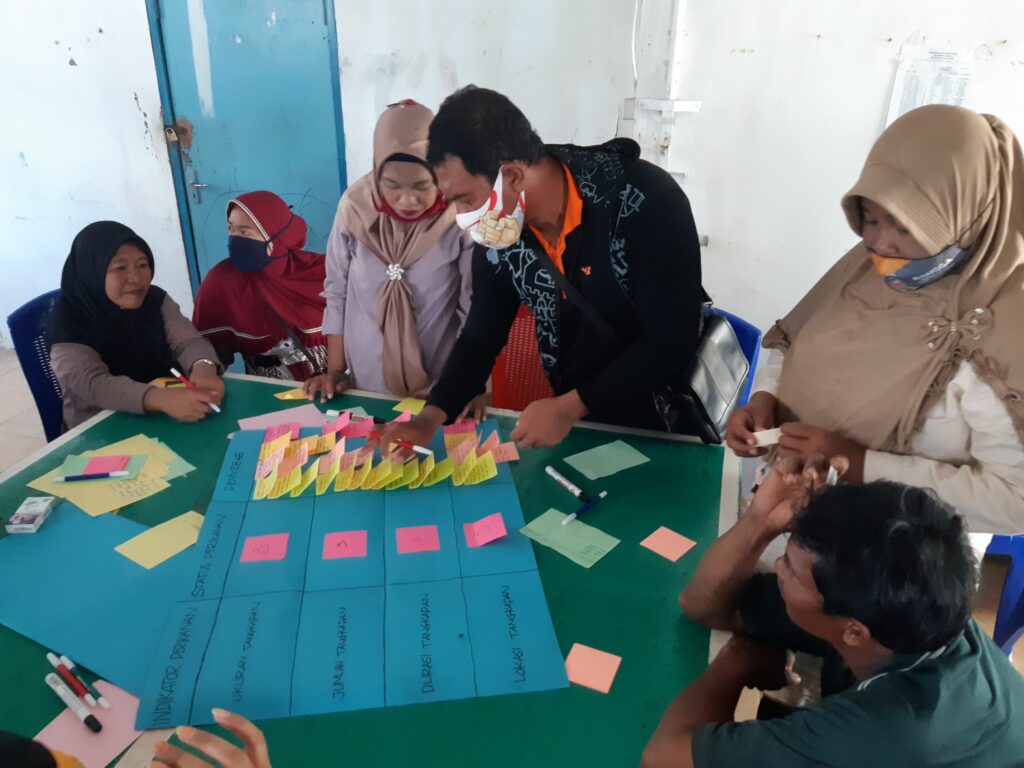
In Indonesia, Fish Forever has made significant strides, focusing on four provinces rich in marine biodiversity. The country’s coastal fishers form a vital part of its cultural heritage and economy. However, unsustainable fishing practices and external stressors like climate change pose significant threats. To address these challenges, Fish Forever has worked with over 600 coastal communities in the nation, establishing co-managed fisheries access areas covering over 10,000 square kilometers of coastal waters.
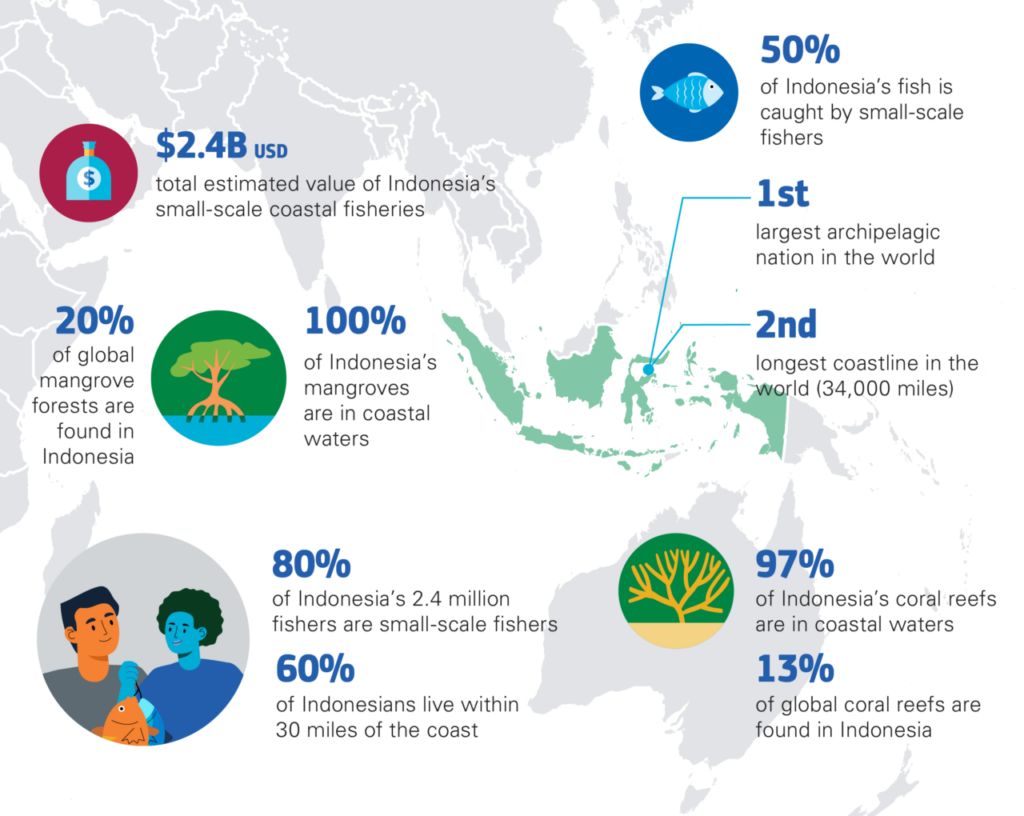
Fish Forever’s success in Indonesia highlights the program’s ability to adapt its model to different contexts, including the management of aquarium fisheries. By collaborating with organizations like the Shedd Aquarium, the Association of Zoos and Aquariums (AZA), and the Coral Reef Aquarium Fisheries Campaign in the context of IndoReefFish; Fish Forever diversifies its approach, tackling the unique challenges of unregulated aquarium fishing practices.
Coastal aquarium fisheries provide economic and livelihood outcomes for many fishing communities. They are largely unmanaged at the community level and are highly dependent on financial and economic drivers that influence price supply and demand through the supply chain. Rare believes that tackling poorly regulated and unmanaged aquarium fishing practices can be achieved using the MA+R model.
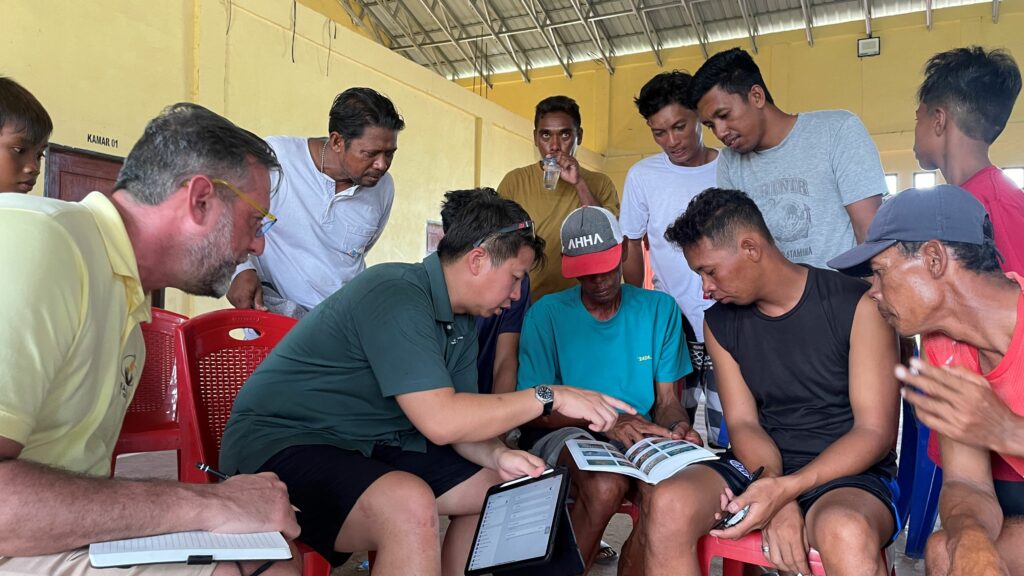
Rare’s collaboration with IndoReefFish has benefitted the organization by diversifying its small-scale fisheries program to fisheries, fishers, and fish buyers that are new to it. The program empowers Rare to develop relationships with many actors in the Indonesian marine aquarium fishery and trade to address a unique and challenging issue of improving the sustainability of largely unregulated aquarium fisheries in the nation. This work will add to the portfolio of management strategies Rare, communities, and government test and innovate to address sustainability and livelihood issues across coastal communities. Having a diversity of approaches to learn from allows Rare to better adapt to new challenges in the fisheries management and sustainability arena moving forward.
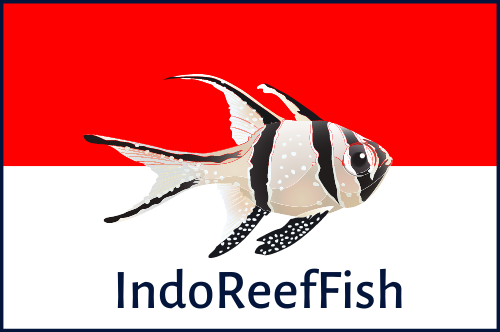
IndoReefFish is empowered by its partners, and the support of the Association of Zoos and Aquariums and marine aquarium fishery businesses, associations, and agencies across Indonesia. This program is sponsored by the Institute of Museum and Library Services.
###



